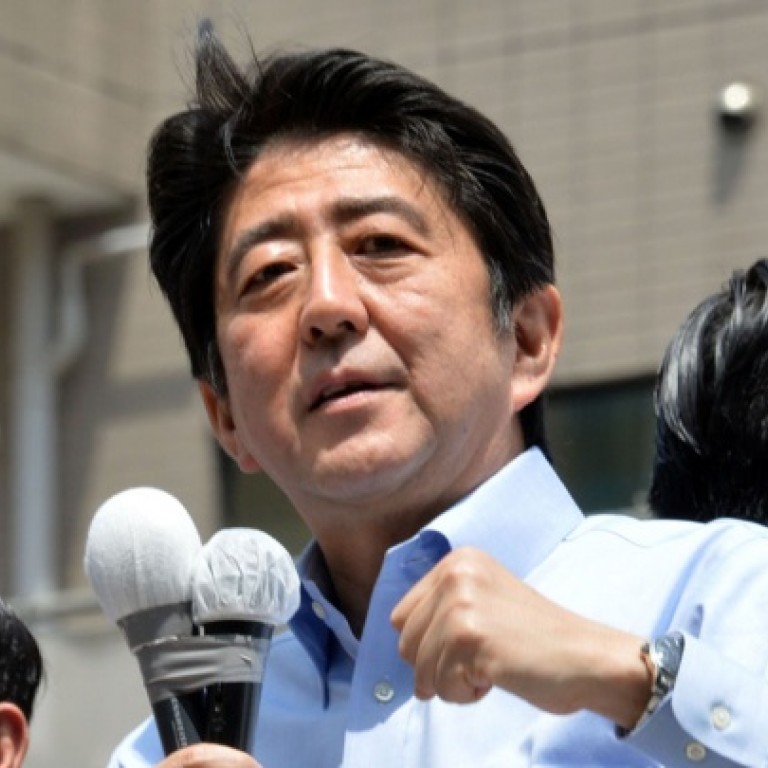
The stakes are raised in bid to legalise casinos
Japanese government looks set to gamble on boosting economy through gaming industry
A group of Japanese lawmakers are close to hitting the jackpot in their bid to legalise casinos, betting the revenue bonanza could challenge Macau for the title of global gaming powerhouse.

"Japan may be the only developed country without casinos, but we are sprinting to the finish line," Takeshi Iwaya said.
Talk about opening casinos in Japan has been on the table for years. But a change in government and Prime Minister Shinzo Abe's declared aim to stoke the limp economy may give an unprecedented impetus to legalise roulette wheels and baccarat tables, analysts said.
Should casino legislation pass … the implications are huge," brokerage CLSA said in a report. "Japan could become one of the largest gaming jurisdictions in the world, surpassed perhaps only by Macau."
CLSA estimated that just two gaming resorts in Tokyo and another in the smaller city of Osaka could generate revenue of US$10 billion annually.
Jonathan Galaviz, managing director of US-based consultancy Galaviz & Co, said that figure could balloon if gaming resorts with hotels, retail shopping and other entertainment offerings opened across the nation.
"The potential size of Japan's casino gaming industry could approach US$100 billion over the long term if the industry were allowed to develop," he said.
Japan has long been viewed as the Holy Grail of Asian gaming due to its wealthy population, close proximity to China and appetite for other forms of legal gambling, including horse racing and betting on football matches.
Pachinko, a slot machine-style game, is estimated to generate more than US$200 billion in annual revenue. Winnings can be exchanged off-site for cash, skirting gaming laws.
But Iwaya acknowledged that casinos are not a done deal yet. Concerns about gambling addiction and the involvement of organised crime are key barriers.
"People have a sense of vigilance over these issues and are the main reasons we don't have casinos here right now," he said.
